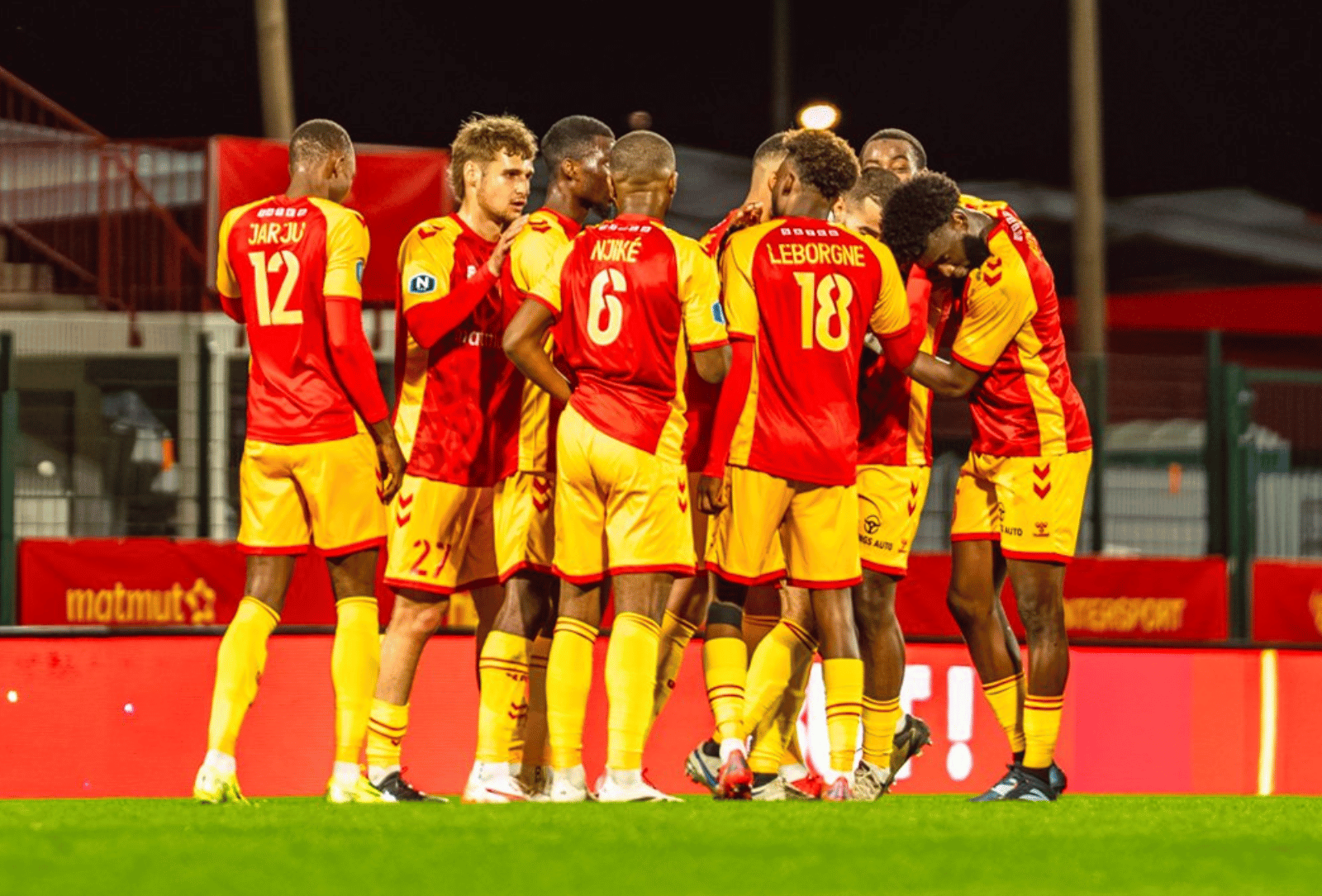Most people have heard that if you put in 10,000 hours of practice in something, you'll become an expert. Although it's not completely wrong, there are some critical flaws here.
The 10,000 hour rule
So, about 10 years ago a professor named Anders Ericsson published a study about how to become an expert at something, be it music, chess, medicine, sports and so on. Unfortunately, a lot of his research was, for lack of a better term, "lost in translation" by journalists and authors.
And that led to the birth of the misinterpreted 10,000 hours rule, where the argument was that as long as you spend 10,000 hours practicing something you'll become an expert.
However, as legendary footballer Xavi Hernandez puts it:
"Some training centers believe that repeating the same things leads to perfection.. It's heartbreaking. If the coach says: 'Xavi, pass the ball to Matias, who passes it to Javier, Javier to Xavi, Xavi to Matias again, & so on for ten mins, what's the point? What does it improve? Maybe the passes' technique, OK, but when do we activate the brain? We are stuck on elementary mechanic physical principles," quoted in interview with SoFoot.com, 2018.
And why is this? Because the 10,000 hours rule needs to include another key factor: deliberate practice.
Deliberate practice to become better
In Ericsson's newer book, Peak, he puts the record straight. The method of becoming an expert isn't to do something mindlessly over and over again for a certain amount of hours.
It is through deliberate, focused and goal oriented practice. What does this mean?
Well, practicing something where you are aware, motivated and dedicated throughout your whole practice is super important. Giving yourself goals to work towards helps your mind focus more on the task at hand.
Continuous practice

Another element Ericsson brings up is the need for continuous practice. So you can't just be hyper focused for 10,000 hours and then call it quits!
To become the best you need to practice continuously over time. Because the moment you stop practicing, your skills will become more and more "rusty".
Tools to help you become the best
This is why having tools that help you keep your focus and your deliberate practice at a high level is extremely useful. This is also why using Virtual Reality (VR) can be a great tool for deliberate practice.
One such tool is The Be Your Best Trainer that uses the elements we've discussed here for deliberate and continuous practice, in order to help you achieve your own "Level: Expert". Why not give it a try?







.png)

